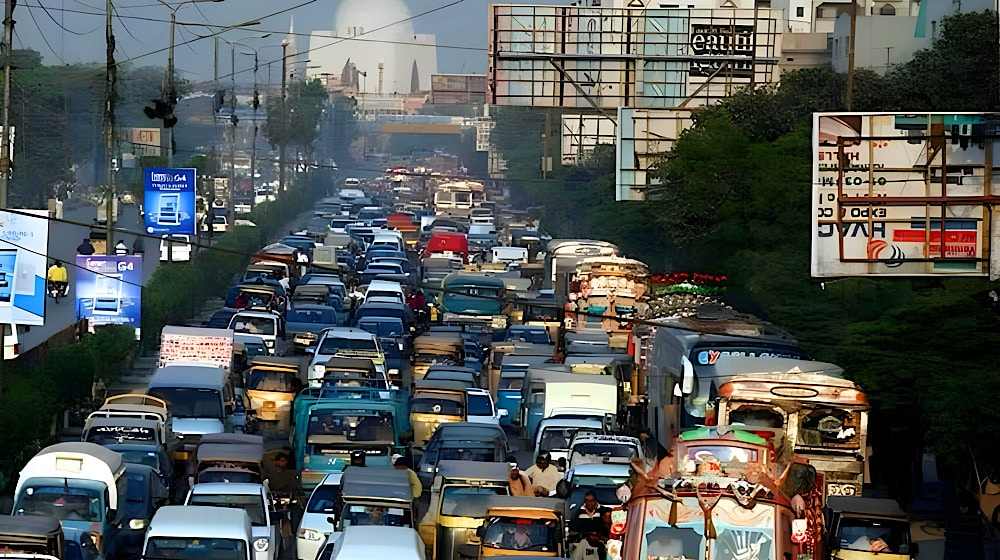The Sindh government has officially amended the rules of the Sindh motor vehicle in 1969 to tighten road safety and traffic regulations. A new notification has set tight age boundaries for vehicles operating on various routes, while also making fitness certificates and modern safety systems.
Age limits for vehicles
Minister for Transport Sharjeel Anim Memon explained that the vehicles now depend on the routes they work.
- Inter -Astor route: No permit will be issued to a vehicle over 20 years old.
- Interstitial routes: Vehicles over 25 years of age will no longer be allowed to work.
- Within the cities: The maximum age limit is 35 years.
Memon emphasized that these boundaries will help improve road safety and reduce accidents caused by an old and unsafe vehicle.
Examining the necessary fitness and safety
Under the new rules, all heavy trading vehicles will have to get a fitness certificate from the Department of Transport Centers. Violators will face heavy fines, which will be deposited directly into the Sindh government’s online account.
Each vehicle should also pass a road trusted test. Failure to comply with the penalties included:
- The first violation: Little ok
- Another violation: Rs. 200,000 fine
- The third violation: 300,000 fine up to Rs.
Tracking and Safety System
These amendments have also been mandated to equip both heavy and light commercial vehicles with modern safety systems, including: including:
- GPS tracking devices
- Front and rear camera
- Driver Monitoring Camera
- 360 degree camera system
- Under -run Protection Guards (to protect small vehicles and motorcycles during accidents)
If the system is missing or deliberately disabled, the vehicle will be temporarily confiscated. The owners will have 14 days to resolve the issue, or the registration will be permanently canceled.
One year transfer period
The law will be implemented within a year, which will give vehicles time to adjust and comply with new standards.

